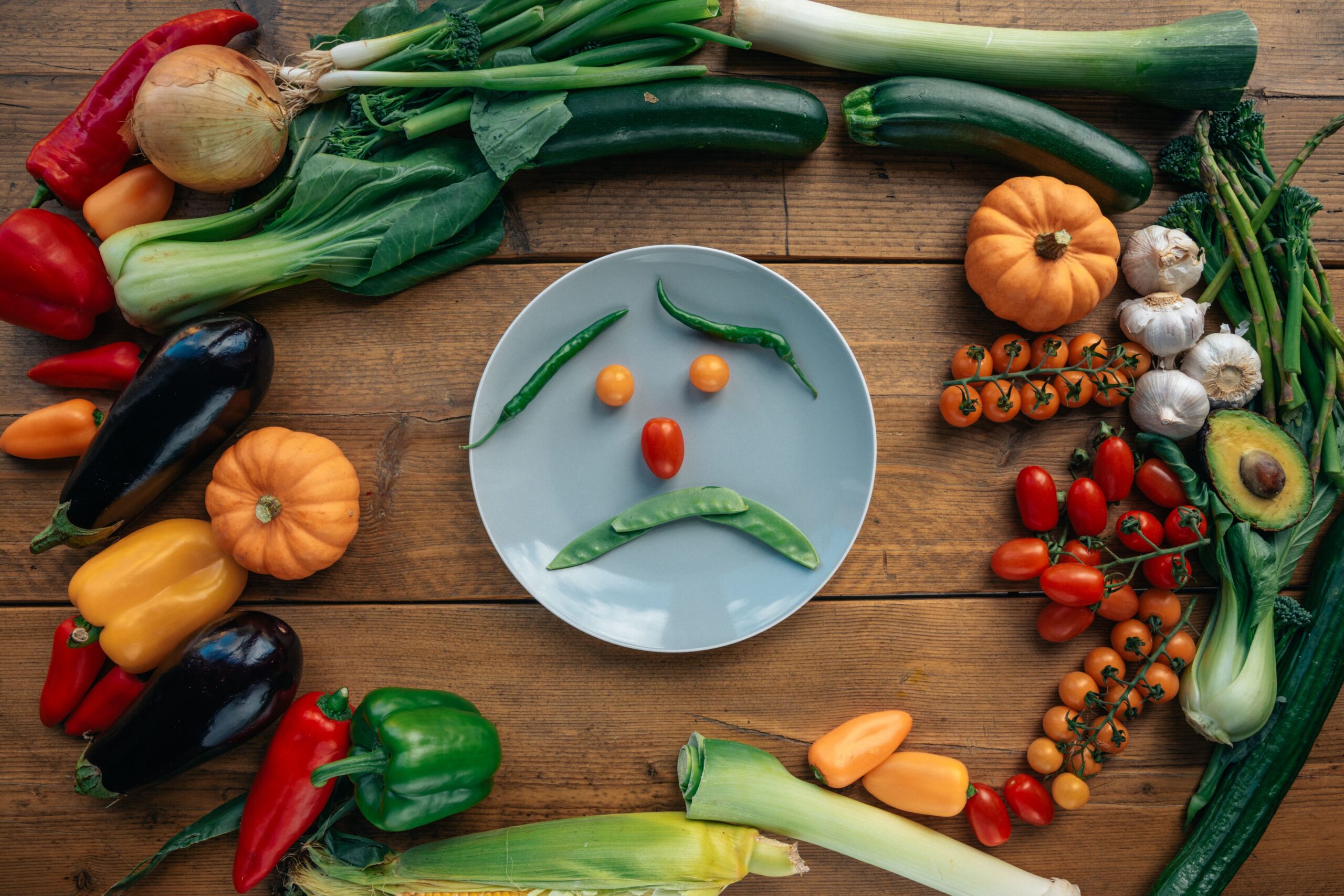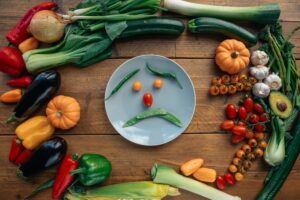Baby Food Allergies: Everything You Need to Know
- Published on:
- Last update: 09 October 2023

Baby Food Allergies
There are many people who suffer from food allergies. Whenever you eat certain foods, your immune system reacts abnormally, causing a food allergy. Baby food allergies can vary from person to person. With baby food, you just can’t take the risk. So make sure you check the label and understand the ingredients to avoid baby food allergies.
You get this condition when the immune system incorrectly recognizes some of the proteins in a portion of food as harmful. During this transition period, your body initiates a series of protective responses, such as releasing inflammatory chemicals, including histamine.
Food Allergies: What Are They?
The effects of baby food allergies can be serious and even deadly. You need to understand how an allergic reaction is recognized in order to be ready if one occurs.
A foreign object in your body can cause allergic reactions when your immune system reacts to it. As a result, your body produces antibodies called immunoglobulin E. Upon entering your body, these antibodies attach to your skin, lungs, and digestive tract.
Histamine, which dilates blood vessels, is released by the antibodies when you encounter the allergen again. As a result, an allergic reaction takes place.

How Can You Tell If Your Child Has a Food Allergy?
Food allergies occur when a person’s body perceives a certain food as poisonous. This enables the body’s immune system, which fights diseases and infections, to make antibodies to fight food allergies. Look for allergies in family history and consult a Pediatrician.
If you have a family history of food allergies, don’t take the risk. Observe any changes in your baby’s behavior if you don’t know whether he has food allergies before trying new baby food.
A person’s body releases chemicals like histamine whenever they eat (or in some cases, handle or breathe in) food. Allergy symptoms are caused by this, which can affect the respiratory system, the gastrointestinal tract, the skin, or the cardiovascular system.
Affected individuals may exhibit the following symptoms:
- Breathing problems
- Coughing
- Throat tightness
- Diarrhea
- Swollen, itchy, or watery eyes
- Red spots
- Swelling
- Belly pain
- Vomiting
Food intolerance and baby food allergies have similar symptoms, which makes them easy to confuse. Food intolerance can cause symptoms such as burping, indigestion, gas, loose stools, headaches, nervousness, or the sensation of feeling “flushed.” But food intolerance:
- The immune system is not involved
- A person may have difficulty digesting a substance, such as lactose
- Even though it is rarely dangerous, it can be unpleasant
Baby Food Allergens: What Are the Most Common Ones?
It is likely that a child will react to any food, but the following ingredients make up 90% of all allergic reactions:
- Milk
- Peanuts
- Wheat
- Soy
- Eggs
- Nuts
- Shellfish
Food allergies are usually outgrown by most kids. Approximately 80% of people with milk allergies will eventually outgrow the allergy. Two-thirds of those with an egg allergy and about 80% with a wheat or soy allergy will grow out of it by their fifth birthday. However, baby food allergies in other species may be harder to overcome.
Baby Food Allergy Reactions: What Happens?
People react differently to food allergies. A single person can react differently under certain circumstances. It is critical to find and treat food allergy reactions as quickly as possible. Baby food allergies can be difficult to identify in children.
There are several possible reactions:
- The symptoms will only affect one part of the body, such as hives on the skin
- The condition could be more severe and affect multiple parts of the body
- After contacting the food, the reaction can occur within minutes or within two hours
Anaphylaxis can result in severe reactions from allergies, even if previous reactions were mild. A less severe reaction might begin with some of the same symptoms as anaphylaxis. However, it can quickly become more severe.
There may be difficulty breathing or collapse for the individual. The individual may be affected in more than one way. In the absence of treatment, anaphylaxis can be fatal.
Baby Food Allergy: How Are They Diagnosed?
A doctor will ask about the following if you suspect your child might have a food allergy:
- Symptoms experienced by your child
- The frequency with which the reaction occurs
- An individual’s response to a particular food after eating it
- Allergies or conditions such as eczema or asthma among family members
There could be other conditions causing the symptoms, so the doctor will check for those as well. For example, your doctor may examine your child for lactose intolerance if your child has diarrhea after drinking milk. Similar symptoms can also be seen in celiac disease, which causes an inability to tolerate gluten.
If your doctor recommends an allergist (allergy specialist doctor), they will ask you more questions and perform a physical examination. Tests to determine the allergy’s cause may be ordered by the allergist, including:
- The skin test. A food allergy test involves pricking your child’s skin with liquid extracts of food allergens, watching for reddish raised spots (called wheals) to form after 15 minutes, and then waiting to see if they develop. Your child’s reaction to a food is only an indication that the food might cause sensitivity.
- Testing the blood for antibodies to specific foods
A food challenge may be recommended by the allergist if the test results are unclear:
- To perform this test, the doctor slowly increases the amount of a potential food allergen a person is eating while keeping an eye on their symptoms. A life-threatening reaction may occur during the allergy test, so it must be performed in an allergist’s office or hospital with immediate medical attention and medicines.
A more common reason for doing food challenge tests is to determine if a person has outgrown their allergy. Check for baby food allergies by giving your children small quantities.
What Are The Treatments For Baby Food Allergy?
Creating a treatment plan for your child with a food allergy will be assisted by the allergist. In most cases, allergen treatment involves avoiding all foods containing the allergen.
It’s important to read labels on food so you can avoid allergens. Read the label before buying the baby food. Be aware of ingredients that might cause allergies. Use baby food brands like Yummy Valley to get clarity on ingredients and their source. Stay clear of baby food products that contain those ingredients that can lead to baby food allergies.
Currently, food allergies do not have a cure. Medication can be used to treat mild as well as severe symptoms. Allergic reactions may result in symptoms such as hives, runny nose, or stomach pain that can be treated with antihistamines. The moment you notice allergic reactions in your child, call an ambulance and take them to the hospital as soon as possible,
Image source: Pexels
Reference: Baby food Allergies
Share this post:

